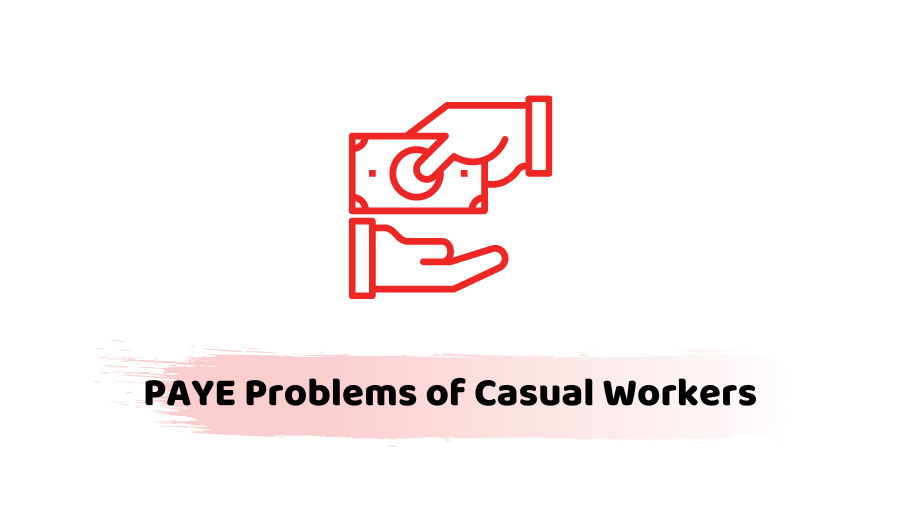HMRC regularly raises questions regarding casual workers and their payment (or not!) through the PAYE system.
Getting this wrong can cost a lot in the form of arrears for PAYE problems going back 6 years as well as interest and penalties.
Who is a Casual Employee?
The word “casual employee” has a specific meaning as far as HMRC is concerned. A casual employee is someone taken on for no more than one week and not taken on again in the same tax year. Therefore, if someone is employed for 8 days or 1 day earlier in the year and 5 days later in the year, they are not a casual employee, and the PAYE system must be operated. If they are HMRC casual workers and they earn less than the PAYE casual labour threshold, you just need to keep a record of what you paid them and their name and address.
PAYE Problems of Casual Workers
However, even if they are casual workers and the payment of the wages exceeds the PAYE threshold, a deduction working sheet needs to be prepared and PAYE applied accordingly. There will also be a tax on casual wages. In addition, a BR or emergency tax code should also be applied.
Please note that there are special rules for farmers and migrant workers.
Got a specific case! Feel free to share with us. Our qualified chartered accountants in London would love to help.
How We Can Help You
The Revenue can be strict in their application of these rules, so please ask us for any clarification you require. We can also assist in any disputes with the Revenue over casual employees. Let our accountants in London make things easier to understand for you. We’re friendly, proactive, young, and keep up with all the latest developments to give you a competitive edge.





















































